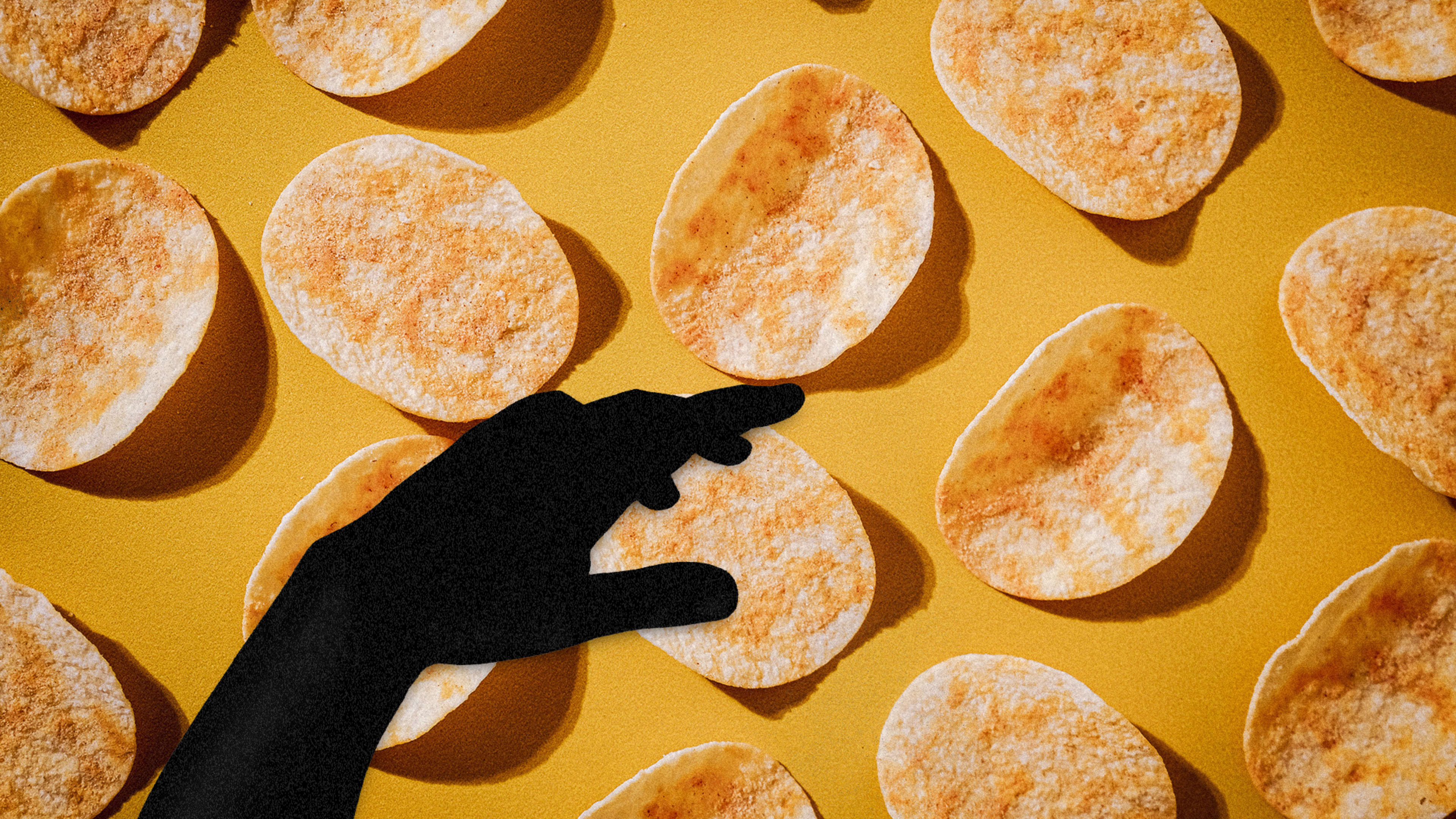Is it my imagination, or does a new diet book come out every other week? And doesn’t it seem as if every one of them ends up on the best-seller list?
Keeping our bodies in shape is important. But what if the prescription for physical health can teach us how to improve our emotional, organizational, and societal health as well?
I was blessed and cursed with a high metabolism. I stand a hair over 6 feet tall, and in college, I weighed 135 pounds soaking wet. I burned calories so fast I was constantly hungry. No matter how big my breakfast was, by 10:30 my stomach was ready for lunch. Invariably, I woke up feeling hypoglycemic and often became food-frenzied in the afternoon. Maybe it was a small price to pay for a narrow waistline, but it was also a source of chronic discomfort and inconvenience.
Recently, my son introduced me to intermittent fasting. The principle behind it seemed sound enough. It takes 10 hours after eating before our bodies start burning accumulated fat. I became fascinated with the idea and decided that changing my eating habits might be a worthwhile experiment. I adapted my schedule, asking my wife to schedule dinner at 6:30, so I could finish eating every evening by 7 o’clock. I wasn’t ready to jump in for the full 16 hours between meals, but maybe I could handle 13 or 14 hours until 8 or 9 the next morning.
And it worked. I now routinely last until 10 or 11 a.m. without hunger pains. I feel healthier, and I’ve slowed the advance of middle-age spread.
What’s more, my experience with dietary discipline has yielded a few insights that extend far beyond the way we eat.
False beliefs turn us all into addicts
Because I believed that I needed to snack between meals, my body responded by making me dependent on snacking. This is simple physiology. When you put a dollar in the soda machine, your body starts producing insulin to metabolize the soda before you even push the button. (Interestingly, if the soda machine is broken, your body responds by producing an enzyme to neutralize the insulin.)
Of all the indulgences you think you need, consider whether you would be better off without some. Do you really benefit from those ceaseless notifications on your phone? From multiple streaming subscriptions? From a cocktail every evening . . . or two, or three? Identify what you’ve gotten hooked on, and try removing them from your daily “diet.” Chances are you’ll feel both liberated and empowered since, as philosopher Eric Hoffer mused, you can never get enough of what you don’t need.
Discipline is a muscle
The sages of the Talmud observed that when you feed desire, it’s starving; when you starve desire, it’s satisfying. Once we begin to take control of our impulses, we soon wonder why we didn’t make the effort long before.
Hitting the snooze button, staying up too late, gratuitous sarcasm, chronic negativity, neglecting personal responsibilities, making excuses for ourselves and others are just a few of the ways we imbibe behavioral junk food to disrupt our ethical diet and damage our psychological health. Weaning ourselves off them gets easier the moment we commit ourselves to do so. It also makes us more productive and easier to get along with throughout the day.
The impossible is often possible
I was convinced that my body wouldn’t let me go more than a few hours without a calorie fix. But once I resolved to push back breakfast time, my food-frenzy episodes dropped off immediately.
Have you ever heard someone say (or said yourself), “I’m the kind of person who . . .” This type of self-talk is insidious. It makes change impossible since it enables us to equate habits and behaviors with immutable characteristics like height and skin tone. This adds to the toxicity of our workplaces and strains our relationships.
If you can’t change the way things are, there’s no reason to try. The difference is, much of the time, you can.
Most of life is habit, and developing good habits is part of an ethical mindset. It makes life easier and healthier not only for us but also for the people who share our work and our world. When we curb our physical and emotional appetites, we feel better, which makes us feel better about ourselves, which makes us feel better about the people around us—and makes them feel better about us.
Yonason Goldson works with leaders to create a culture of ethics that builds trust, sparks initiative, and drives productivity. His sixth book is Grappling with the Gray: An Ethical Handbook for Personal Success and Business Prosperity.
Recognize your brand’s excellence by applying to this year’s Brands That Matter Awards before the early-rate deadline, May 3.
